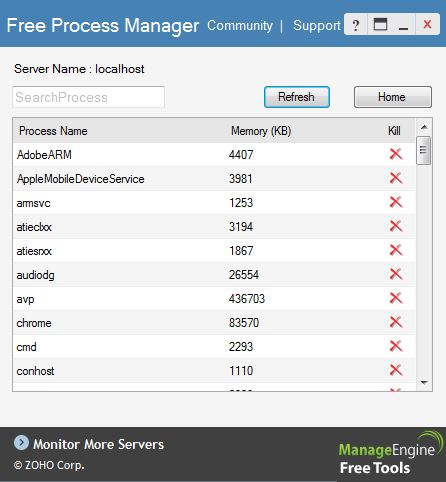

Typically, a dedicated compliance team will be responsible for tracking compliance and monitoring day-to-day activities, using relevant compliance tools, making everyday activities easier to control. Ongoing, the robustness of organizations’ monitoring programs can form a central tenet of compliance with the rules that govern them. This need to monitor compliance performance is often a regulatory requirement regulators like the UK’s Financial Conduct Authority or the International Organization for Standardization require firms applying for approval to operate to detail their compliance monitoring plans, for instance. Here we look at what compliance monitoring is, and examine why it's so important in today's legislation-heavy business landscape.Ĭompliance monitoring refers to the quality assurance tests organizations do to check how well their business operations meet their regulatory and internal process obligations. Larger and more complex businesses and smaller, simpler ones face issues ensuring they meet their obligations across all their entities. Organizations have responded to this challenge by implementing increasingly stringent compliance monitoring programs. As regulatory compliance obligations continue to multiply, achieving a clear picture of your performance around good governance and compliance is more important than ever.


 0 kommentar(er)
0 kommentar(er)
